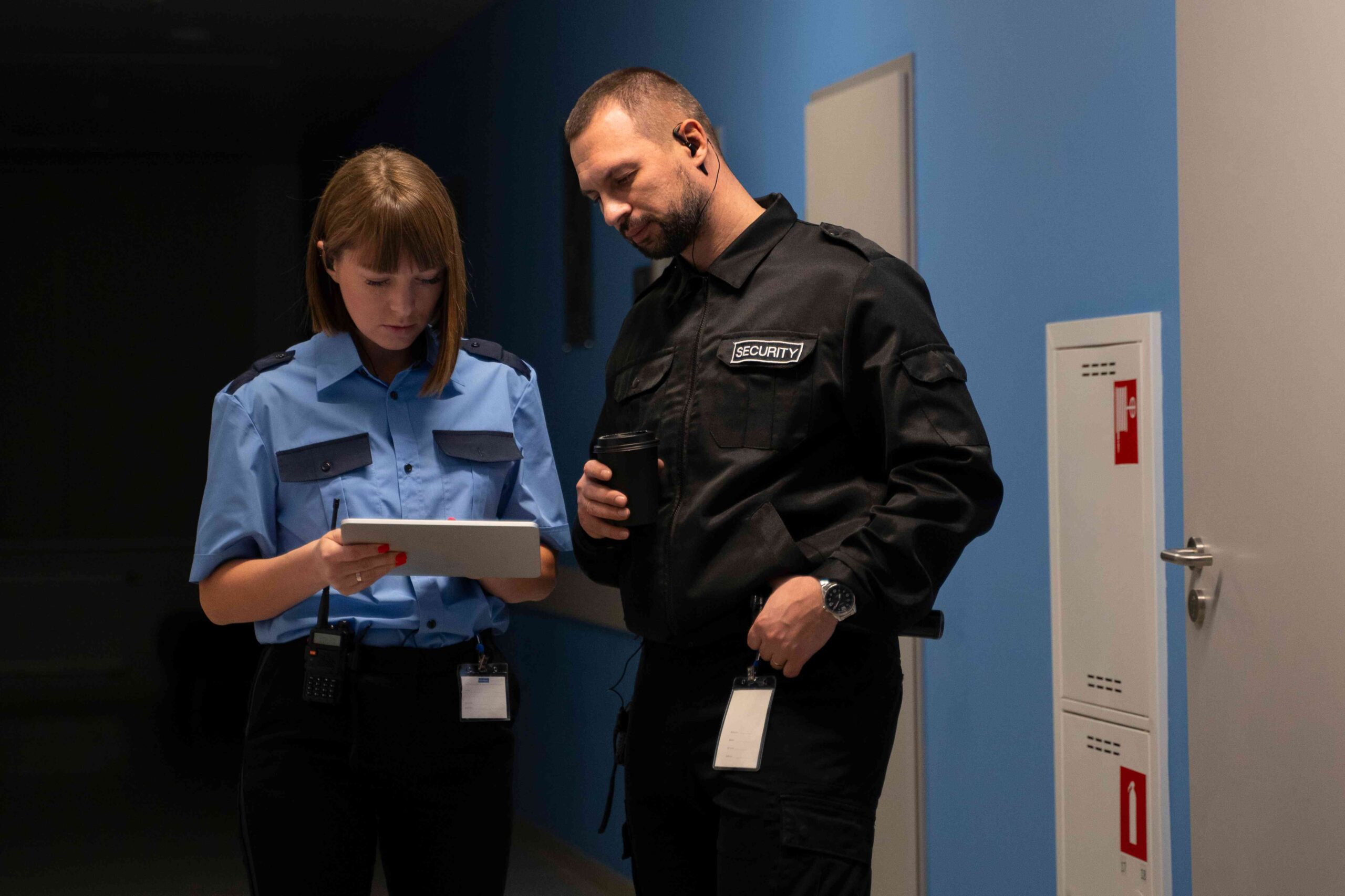Security guards serve as the frontline defenders of safety and security in various environments, from corporate offices to public spaces. However, to fulfill their roles effectively, security services must undergo comprehensive training and obtain relevant certifications. This essay explores the training and certification requirements for security guards, emphasizing the importance of standardized education and skill development in ensuring professional excellence and public trust.
Understanding the Role of Security Guards:
Before delving into the specifics of training and certification, it’s essential to understand the diverse responsibilities entrusted to security guards. Beyond the traditional tasks of surveillance and access control, security services may be required to respond to emergencies, enforce regulations, conduct investigations, and provide customer service. As such, their training should encompass a wide range of competencies to prepare them for the complexities of their roles.
Basic Training Requirements:
Most jurisdictions mandate that security guards undergo basic training before assuming their duties. This training typically covers fundamental topics such as:
1. Legal Principles: Security guards must have a clear understanding of relevant laws and regulations governing their profession, including laws related to arrest, use of force, and privacy rights.
2. Emergency Response: Training in emergency procedures, including evacuation protocols, first aid, and CPR, equips security services to handle crises effectively and protect lives in critical situations.
3. Communication Skills: Effective communication is essential for security guards to interact with clients, colleagues, and the public professionally and de-escalate conflicts when necessary.
4. Security Techniques: Training in security techniques, such as patrolling, surveillance, and access control, enhances guards’ ability to detect and deter threats to the premises they protect.
Certification Processes:
In addition to completing basic training, security guards may be required to obtain certifications to demonstrate their competency and eligibility for employment. Certification requirements vary depending on the jurisdiction and the type of security services provided. Some common certifications include:
1. Guard Card: Many states in the United States require security guards to obtain a guard card or license issued by the regulatory authority. To qualify for a guard card, individuals must meet certain eligibility criteria, such as completing a specified number of training hours and passing a background check.
2. Firearms Endorsement: Security services authorized to carry firearms must undergo specialized training in firearm safety, marksmanship, and legal use of force. Upon successful completion of the training, they receive a firearms endorsement or permit, allowing them to carry firearms while on duty.
3. First Aid and CPR Certification: Given their role as first responders in emergencies, security guards are often required to maintain valid certifications in first aid and CPR. These certifications ensure that guards can provide immediate assistance to individuals in medical distress until professional medical help arrives.
4. Specialized Training: Depending on the nature of their assignments, security guards may need additional certifications in areas such as crowd management, executive protection, or loss prevention. Specialized training equips guards with the knowledge and skills necessary to address specific security challenges effectively.
Continuing Education and Professional Development:
Security guard training is not a one-time event but an ongoing process that requires continuous learning and skill development. To stay abreast of industry trends, emerging threats, and best practices, security guards should engage in continuing education and professional development activities. This may include attending workshops, seminars, or online courses, pursuing advanced certifications, or participating in scenario-based training exercises.
Conclusion:
In conclusion, the training and certification requirements for security guards are essential components of professionalization and standardization within the security industry. By equipping security guards with the necessary knowledge, skills, and certifications, stakeholders can ensure the delivery of high-quality security services and uphold public trust in the profession. Moving forward, investments in training, certification, and professional development will be critical to enhancing the effectiveness and professionalism of security guards in safeguarding communities and promoting public safety.




